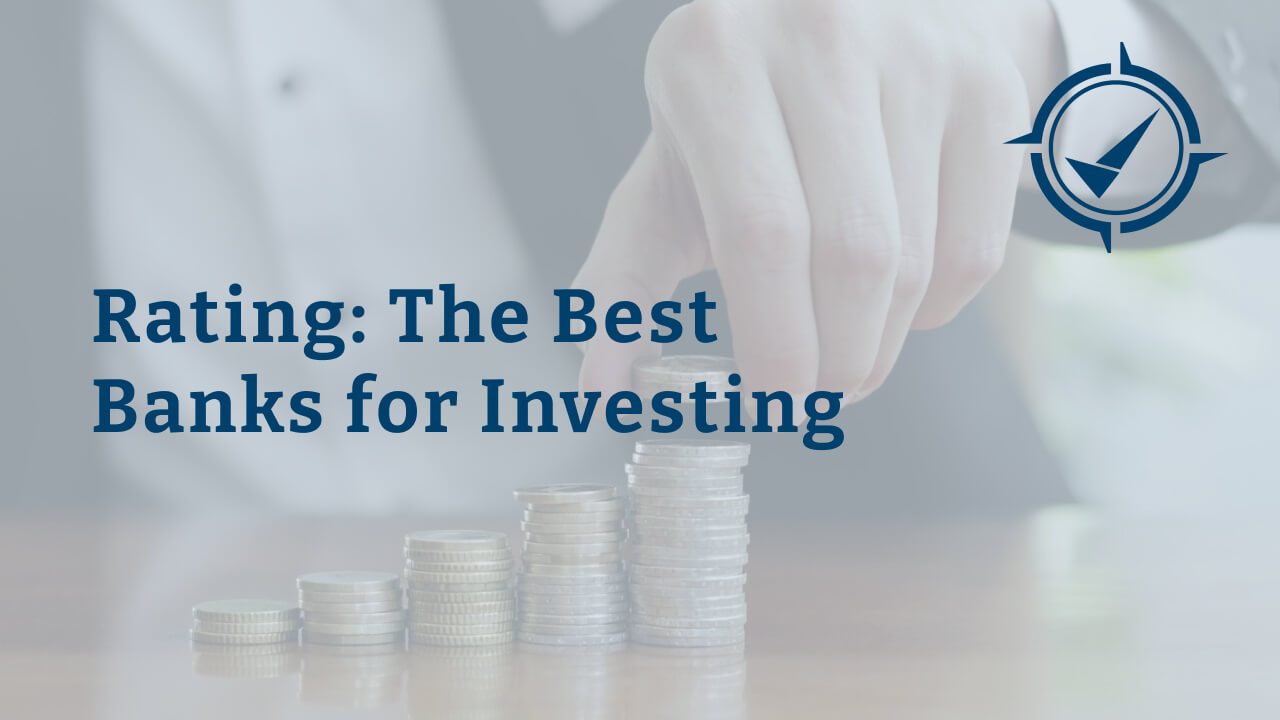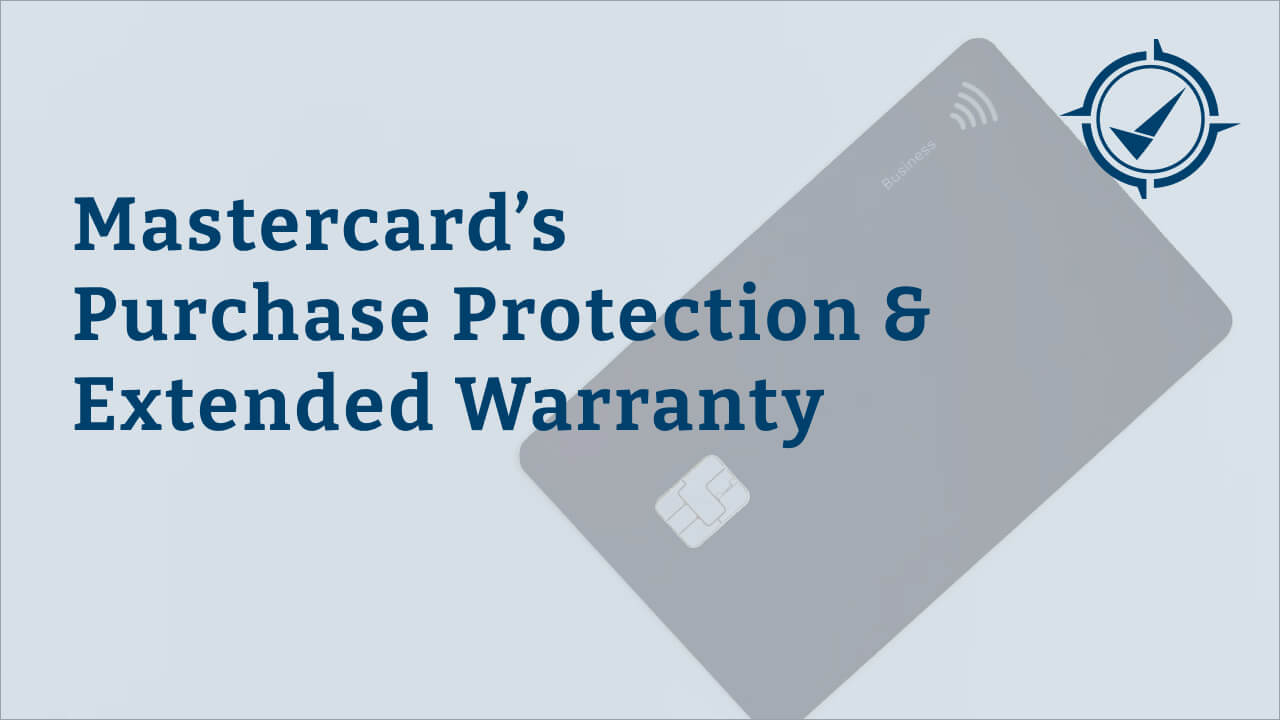Complete Beginner's Guide to Crypto & Blockchain
Dive into our "Crypto 101" and discover the world of digital assets
Understanding Cryptocurrencies: The Roadmap
Welcome to the Complete Beginner's Guide to Crypto, Blockchain technology & Web3! If you're new to the world of cryptocurrency and blockchain technology, this guide was written for you. We'll start by explaining the basics of each of these concepts and how they relate to one another. After that, we'll delve into the various ways you can get involved with crypto, including buying and trading, mining, and using NFTs. Whether you're looking to invest, learn more about the technology behind these trends, or simply want to understand what all the hype is about, this guide has you covered. So let's get started!
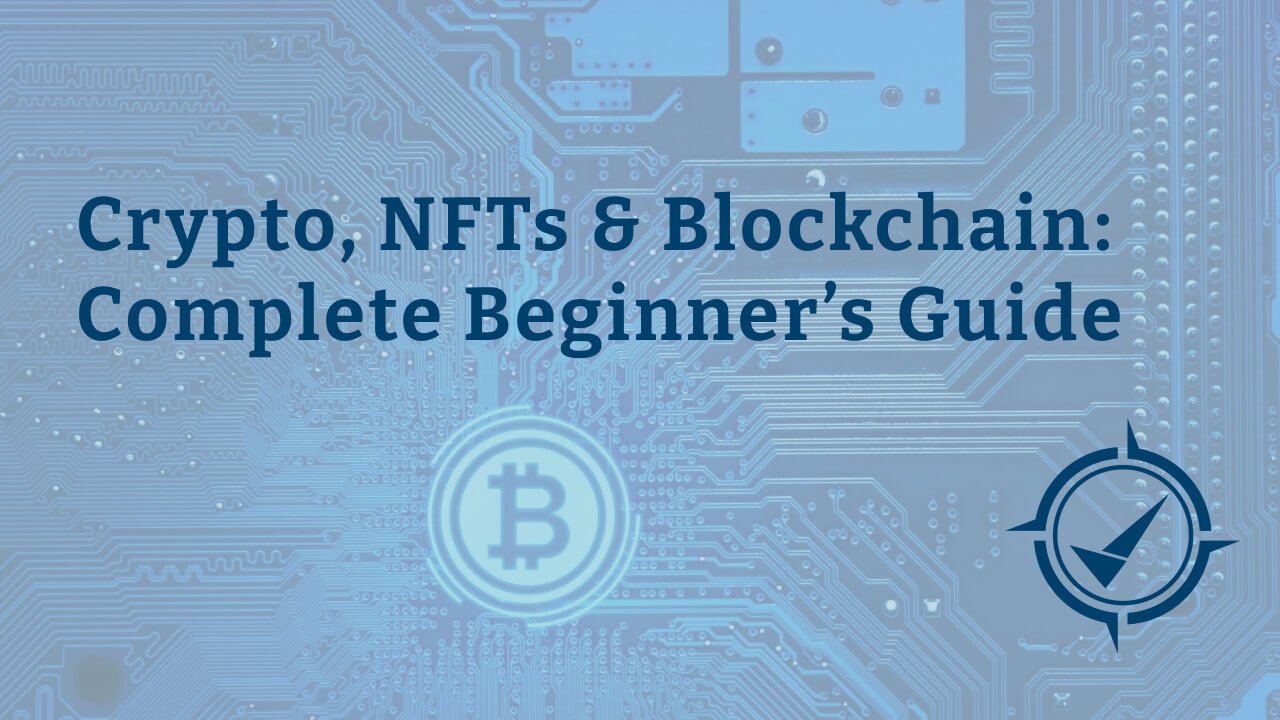
Our goal is to provide you with a comprehensive guide that covers all the basics without bombarding you with excessive details. The world of blockchain is vast and the amount of information available online is enormous, so it's very easy to get lost. Which is why the first thing we need to do is to define a learning roadmap. After a lot of deliberation, our team of experts propose the following structure of the learning track:
- What is Blockchain & Brief History
- Where Does Crypto Come From?
- Cryptocurrency Exchanges
- Crypto Wallets
- Getting Started: Buying Crypto
- Risks Involved: Volatility, Scams & Fraud
- Conclusion & Recap
After getting a basic understanding of the topics above, you will be ready for more advanced concepts - but these are definitely outside of this article's scope. However, after you've finished this article, you will definitely feel more confident when dealing with (or talking about) digital assets. Once you get there, it might be a good time to find a cryptocurrency trading platform and start buying and selling various coins to diversify your portfolio.
If you want to learn more about digital finance as a whole, make sure to check out our "Guides, Ratings & Expert Opinions" section containing valuable knowledge. Confused about the terminology? Consult our "Investor's Lexicon" containing all the crucial terms any retail investor should know. Now, without further ado, let's dive in!
Multiply Your Wealth
Doesn't matter if you're just saving up for that summer vacation or if you're planning your retirement, the best time to start investing is now. Explore our curated list of the best investment platforms and apps available today at Fintech Compass. Make your money work so you don't have to.
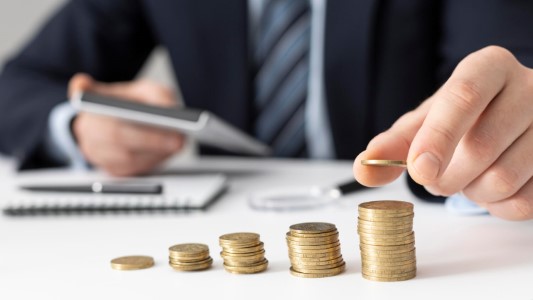
What is Blockchain & Brief History
A blockchain is a digital, decentralized ledger that records transactions on multiple computers so that the record cannot be altered retroactively without the alteration of all subsequent blocks and the consensus of the network. But what does it actually mean? Think about it this way: for every transaction on the blockchain, there is a publicly accessible log of all previous transactions involving this block. Thus, creating a "fake" transaction would require you to change the entire blockchain history and validate the change with all blockchain users, making forgery virtually impossible. This allows for transparent and secure record-keeping without the need for a central authority like European Central Bank.
The concept of a blockchain was first introduced in 2008 by an anonymous individual or group known as Satoshi Nakamoto (the real identity was never revealed). Satoshi published a white paper detailing the design and functionality of a new electronic cash system called "Bitcoin". Bitcoin (BTC) was the first use case of blockchain technology and is still the most widely known and valuable cryptocurrency.
Since the creation of Bitcoin, many other blockchain platforms have been developed for various purposes such as Ethereum, which allows for the creation of smart contracts, and Tendermint, which is used for building decentralized applications.
The use of blockchain technology has quickly expanded beyond just the financial industry and the tech is now being trialed in a variety of sectors including supply chain management, voting systems, digital rights management and even tracking of legal documents. The potential applications of blockchain technology are vast and it is still an emerging field with much room for growth and development.

Where Does Crypto Come From?
Cryptocurrencies, also known as digital assets or virtual currencies, are forms of digital money that use cryptography for secure and transparent financial transactions. A crypto token represents a certain unit of value that can be transferred, stored, and traded (just like any "fiat" currency: USD, Euro and such). But where do these coins (or tokens) come from? First of all, it's important to note that there are a few main types of crypto tokens. We will first focus on the two main ones: utility tokens and security tokens.
Utility Tokens
Utility tokens, also known as app coins or user tokens, are used to access a specific product or service on a blockchain platform. For example, Ether is the utility token used on the Ethereum platform to access and interact with decentralized applications (dApps).
Security Tokens
Security tokens, on the other hand, represent ownership of an asset such as a company or real estate. These tokens are subject to federal securities laws and regulations (although, not in every jurisdiction) and can provide investors with ownership rights and dividends. The closest comparison one can make is to fully liquid stocks one can buy, sell and transfer to third parties at any time.
Apart from these two main types, there are also transactional tokens (also called "payment" tokens), stablecoins and there is some merit to including non-fungible tokens (NFTs) as a standalone type. The most common one of these is stablecoins: all you need to know for now is that these are a specific type of cryptocurrencies where the price is supposed to be pegged to a certain asset, usually fiat currency ("normal" money). The most popular example is Tether, an asset-backed stablecoin, where, for example 1 USDT coin equals 1 US dollar in value.
5 Investment & Savings Apps for Beginners in 2025
Discover top investment & savings apps for amateurs. Start investing today to build your future! Key information, links and issues to consider in our guide.
Read more...But where do these coins come from? Crypto tokens can be created through a process called an initial coin offering (ICO) or a security token offering (STO). During an ICO or STO, a new crypto token is unveiled and offered to the public in exchange for an established cryptocurrency, usually Bitcoin or Ether. The resulting value of the token is then defined based on supply and demand, with coins in high demand obviously having a higher value. This process is quite similar to an initial public offering (IPO), where a private company makes its shares available for purchase to general public by listing on a stock exchange.
There are currently over 8,000 different cryptocurrencies in existence and they have a combined market value of just under $1 trillion (as of January 2024). The value of individual cryptocurrencies, however, can fluctuate greatly and the smaller the coin is, the more volatile it is. Which is why it's important to do thorough research before investing in any cryptocurrency. Consider investigating the organization behind the token of choice, how the value of this coin trended over the last few months and do your due diligence on the coin's ecosystem.
Cryptocurrency Exchanges
What is a cryptocurrency exchange? To put it simply, "crypto exchange" is an online platform that allows you to buy, sell, and trade various cryptocurrencies. Some exchanges only deal with a specific type of cryptocurrency, while others offer a wide range of options (for example, an NFT marketplace or an ability to leverage your trades).
These exchanges act as middleman between buyers and sellers, allowing them to trade directly with each other. The exchange usually takes a small fee for facilitating the transaction. Using a well-known and trustworthy cryptocurrency exchange is highly advised - make sure to do your research by studying websites like ours in order to avoid fraudulent exchanges that might steal your personal information.
Notable examples of cryptocurrency exchanges include:
- USA-based Kraken Cryptocurrency Exchange: an established domain expert and one of the world's oldest cryptocurrency exchanges that prizes itself on world-class security.
- Multi-asset broker eToro: Online cryptocurrency trading platform that's known as "the king of social investments". Great choice for a beginner as you can just copy trades of well-known crypto traders and learn from the best.
- Binance: World's biggest cryptocurrency exchange and probably the most well-known brand in the industry.
- Gemini crypto exchange: US-based trading platform with over 13 million users that is praised because of its extensive security and customer protection measures.
You can take a look at our curated list of the best investment platforms available on the market today to find the perfect investment partner to begin your journey with. But a crypto exchange is not the only thing that you'll need. An issue with buying and selling crypto is that some banks instantly flag transactions involving crypto as potential high risk. This means that your bank can block your account until further investigation once you start transferring money to an exchange. To avoid these issues, we suggest looking into some of the banks we identified to be crypto-friendly in our investigation.
⚠️ Warning! Investment is never without risk. You may lose your investment due to market risks involved. ⚠️
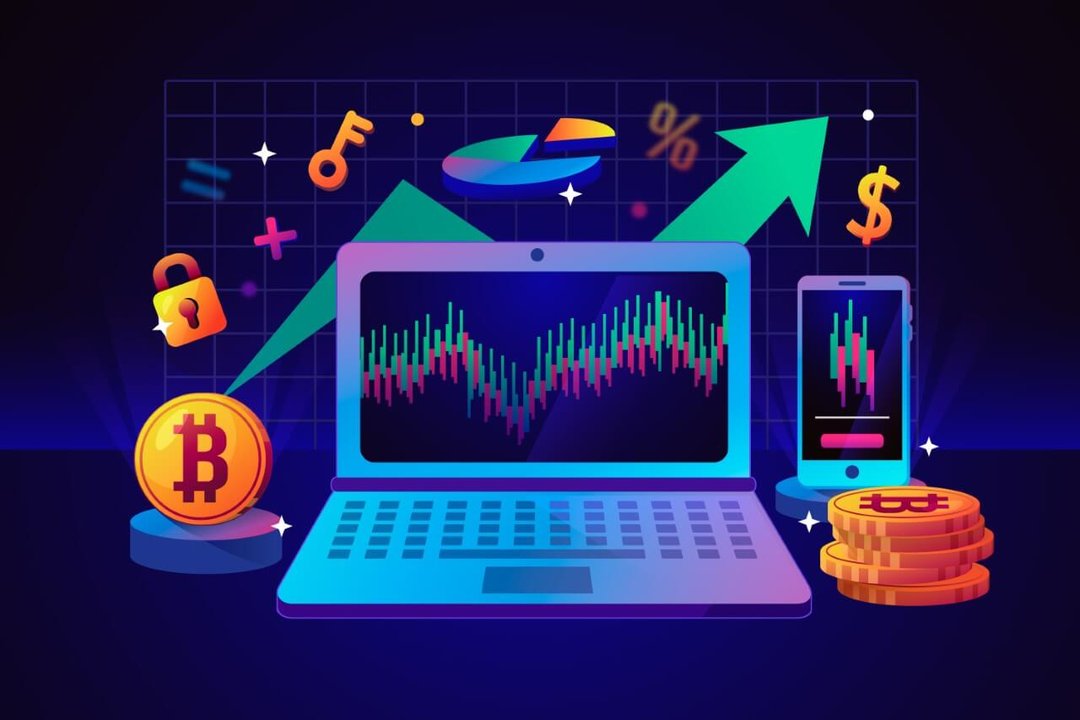
Crypto Wallets
Now that we've familiarized ourselves with cryptocurrency exchanges, we know where to get coins. But where do you store them? You can obviously have your assets reside on your account at your trading platform of choice, yet this is hardly the best approach. Sure, big and reputable exchanges like Kraken or fully-regulated brokers like BUX or Trade Republic are frequently audited, they way they store clients' assets is regulated and there's very little chance anything happens to your funds. But why would you take even a very small risk?
When dealing with digital assets, it's important to treat them the way you would treat your regular, "physical" money. Would you just leave €10'000 cash on a couch in the living room? Obviously, not. Luckily, it's very easy to safeguard your crypto - and this is where we introduce the concept of crypto wallets.
Crypto wallets are digital wallets that allow you to store, receive, and send cryptocurrencies. They are a crucial element of the cryptocurrency ecosystem, as they allow you to hold and secure your digital assets. There are several types of crypto wallets available, including software wallets, hardware wallets, and paper wallets.
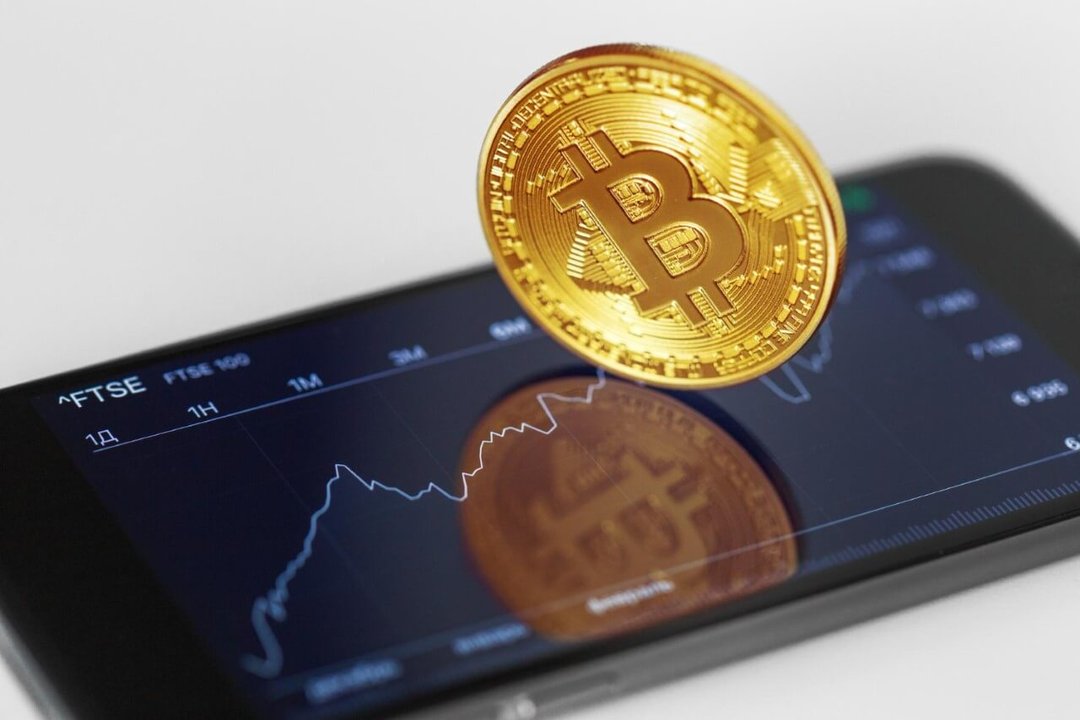
Software Crypto Wallets
Software wallets are applications that you can install on your computer or mobile device. These wallets are convenient to use, as you can access them from anywhere and make transactions quickly. However, they are vulnerable to hacking and malware attacks, so it's important to use a reputable wallet provider and enable two-factor authentication for added security.
Hardware Wallets
Hardware wallets are actual physical devices that store your cryptocurrencies offline. Most of the time, they look like USB sticks (flash drives). They are considered to be the most secure type of wallet, as they are not connected to the internet and are therefore immune to hacking attempts. However, they can be lost or stolen, so it's important to keep them in a safe place. Arguably the best practice when it comes to handling crypto is buying coins using an exchange and transferring them to your physical wallet hardware, unplugging it and keeping the device next to your IDs and other valuables at home.
Paper Wallets
Not too popular of a solution that's still worth mentioning. Paper wallets are essentially printouts of your public and private keys, which you can use to access your cryptocurrencies. They are also offline and secure, but can be easily damaged or lost, so it's important to keep them in a safe place.
When choosing a crypto wallet, it's important to consider the type of cryptocurrencies you want to store, as not all wallets support all cryptocurrencies. It's also a good idea to research the security measures of different wallet providers and choose one that has a strong track record of protecting their users' assets.
Finally, it's important to remember to keep a backup of your wallet's recovery phrase in a secure location. This recovery phrase is a series of words that you can use to restore your wallet if you lose access to it. Without the recovery phrase, you may permanently lose access to your cryptocurrencies.
Featured: Top Digital Banks To Invest With (2024)
Explore our selection of digital and mobile-first banks that are best suited for retail investors' needs.
Read more...How To Start Trading Crypto
If you're ready to start buying cryptocurrencies, here's a step-by-step guide to get you started. And don't worry - the process is very straightforward. Exchanges also allow trades as small as $/€ 5 or less, so you don't need to commit excessive amounts.
Choose a reputable exchange
The first step to buying crypto is to choose a reputable exchange where you can purchase it. It's important to do your research and choose an exchange that has a good track record of security and customer service, as well as reasonable fees.
Create an account and verify your identity
Once you've chosen an exchange, you'll need to create an account. This usually involves providing some personal information and verifying your identity (either by taking a photo with your ID or going through a 2-minute long automated process).
Deposit funds & place an order
Most exchanges allow users to deposit funds via bank transfer or a credit/debit card. Once you've chosen your crypto, you can place an order to buy it. The exact process for this will vary depending on the exchange you're using, but it's very straightforward in any case.
Secure your assets
After you've made your purchase, it's important to secure your assets by transferring them to a personal wallet. This will give you full control over your cryptocurrencies and protect them from potential risks like exchange hacks or someone taking control of your account.
And that's it! Congratulations, you have now joined millions of people in owning cryptocurrencies yourself.
Risks Involved: Volatility, Scams & Fraud
While blockchain technology and cryptocurrencies in particular definitely have the potential to revolutionize the way we exchange value and conduct transactions, it's important to be aware of the risks involved. The main risks to consider are:
- High Volatility: One of the biggest risks of investing in cryptocurrencies is the high level of volatility. The price of cryptocurrencies can fluctuate significantly over a short period of time, and there is no guarantee that you will be able to sell your assets for a profit. This volatility can make it difficult to predict the value of your investments and can result in significant losses.
- Scams and fraud: The cryptocurrency industry has been plagued by scams and fraud, with many people falling victim to Ponzi schemes, phishing attacks, and other forms of fraud. It's important to do your research and only invest in reputable projects, and to be cautious of any offers that seem too good to be true.
- Security: Cryptocurrencies and blockchain technology are still in their infancy, and as such, they are not immune to security threats. There have been several instances of exchanges being hacked and investors losing their assets, so it's important to choose a reputable exchange and take steps to secure your assets. This may include using a hardware wallet and enabling two-factor authentication.
- Regulatory Issues: The regulation of cryptocurrencies is still in its early stages, and it varies significantly from one jurisdiction to another. This lack of clarity can make it difficult to know what is and isn't allowed, and it can also make it harder to recover your assets if something goes wrong. This also means you might find yourself struggling to keep up with the tax laws in your country of residence - always consider that factor when trading significant amounts.
It's important to be aware of these risks and to do your own research before investing in cryptocurrencies. Even though the potential rewards of investing in crypto are high, it's crucial to remember that they come with a high level of risk.
⚠️ Warning! Investment is never without risk. You may lose your investment due to market risks involved. ⚠️
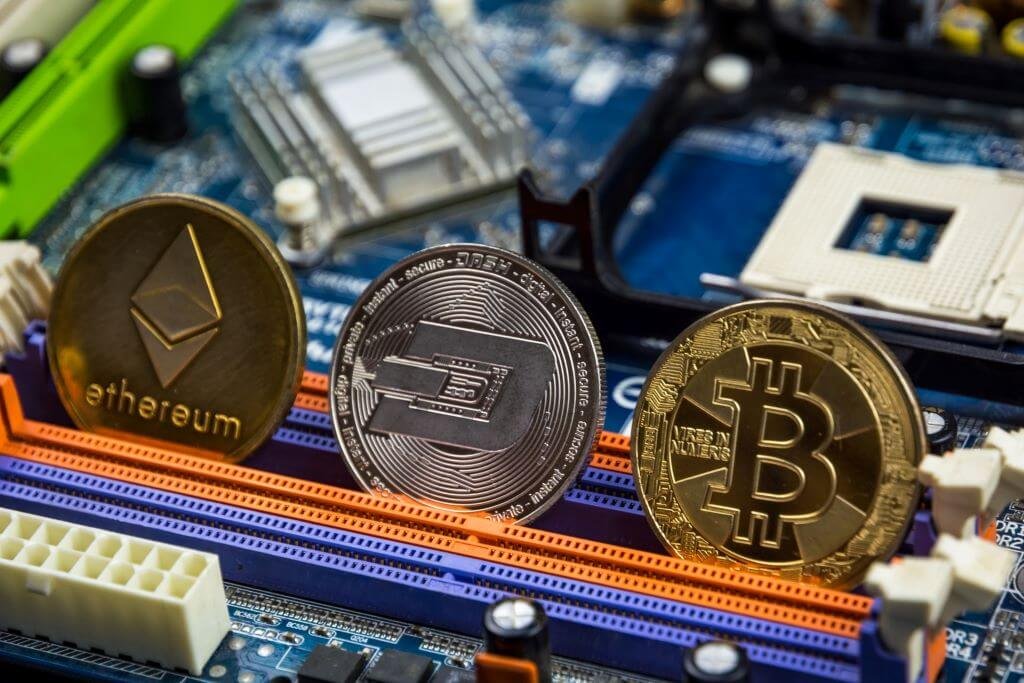
Conclusion & Recap
In conclusion, cryptocurrencies and blockchain technology have the potential to revolutionize the way we exchange value and conduct transactions. They offer a decentralized and secure way to store and transfer assets, and they have the potential to disrupt a wide range of industries. However, it's important to be aware of the risks involved, including volatility, scams and fraud, security, and regulation. It's crucial to do your own research and only invest what you can afford to lose.
We hope this beginner's guide has provided a helpful overview of cryptocurrencies and the basics of blockchain technology. You can now start exploring this exciting and rapidly-evolving industry and make informed decisions about whether or not it's right for you. However, your learning doesn't stop here - we urge you to explore other content available in our "Articles" section. And of course - feel free to take a look at the curated list of the best investment platforms, stock brokers and cryptocurrency exchanges at Fintech Compass.
Good luck!

